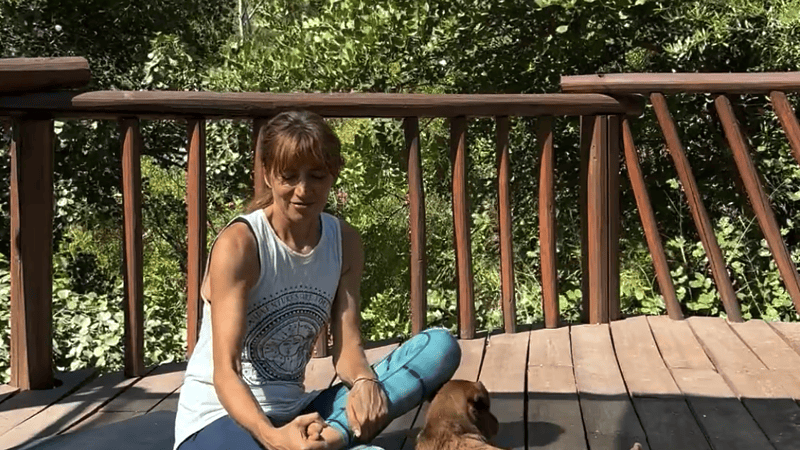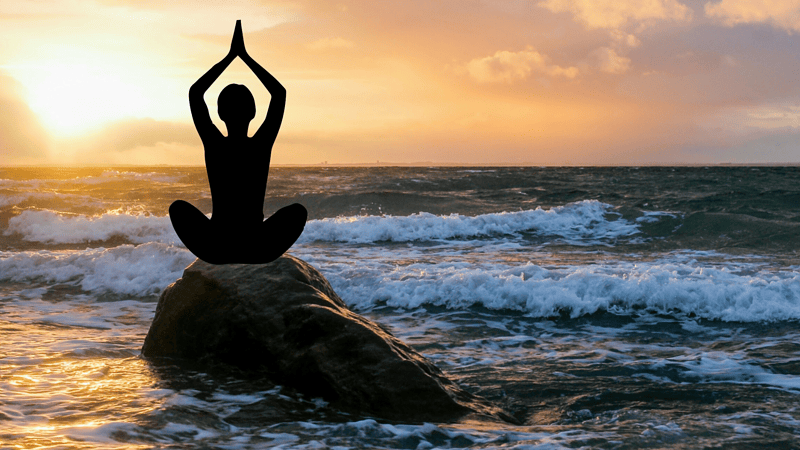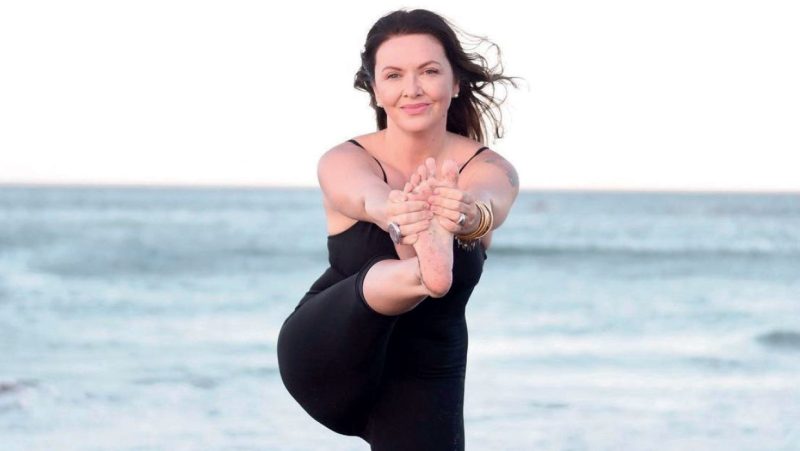
Yoga for Carers
Nurturing Mind, Body, and Soul Amidst the Caring Journey - By Victoria Thomas
Reading time: 4 minutes
There are times when caring for my daughter, who can display challenging behaviour where I have struggled. Having engaged in yoga most of my adult life I have used it to help me cope. My yoga practice can ebb and flow depending on my daughters needs. Even if I don’t have time for a full practice I have found incorporating ‘micro-practices’ can help to ease anxiety and prevent stress from building up. The saying ‘You can’t pour from an empty cup’ is real- It’s important for us to look after ourselves so we can continue to care for those we love. If you are struggling with finding time to look after yourself here are my top five tips for micro-practices to incorporate throughout your day or week.
- Chocolate Mindfulness Practice- Treat yourself to your favourite piece of chocolate. Find a quiet space to sit and light a candle if you can. Mindfulness is about slowing down and remaining in the present by focusing on your senses. First unwrap the chocolate, study it with your eyes. What is its colour and texture? Are there any patterns on it? Next breathe in the scent of your chocolate a few times- what do you notice? Can you pick out any distinct flavours such as caramel or coffee? What does it feel like? Is it smooth or is there a pattern or brand name embossed on it? Is it starting to gently melt in your fingers? Next break a piece of the chocolate off with your fingers. Did you hear a snap or a crunch? Finally, gently put a piece of the chocolate in your mouth, and slowly let it melt in your mouth. What can you taste? How does it make you feel? Once you have finished sit for a few moments longer and take a few deep breaths. You can do this practice regularly, observing the variance in your senses between different types and brands of chocolate.
Yoga for Carers
‘We rise by lifting others’ [1] but for people caring for loved ones who can be either older, seriously ill or have disabilities; this quote is starkly untrue.
There is often an element of personal sacrifice to a caring role, which can weigh you down, with 72% of carers saying their role has negatively impacted their own mental health and 8 out of 10 carers reporting they have felt either lonely or isolated [2].
Much of the advice to maintain good mental health is often not possible for carers to follow due to the nature of their role for example ensuring enough sleep may not be possible as they may have to get up in the night- resulting in broken sleep. Many carers may be housebound by their responsibilities so they may struggle to get outdoors to immerse themselves in nature and engage in the recommended amount of physical activity.
Porttitor rhoncus dolor purus non.
- Alternative Nostril Breathing (nadi shodhana pranayama). This is a great breathing practice for calming anxious thoughts- find a quiet space to sit crossed legged if possible. Take your right hand and hold your palm out flat in front of your face. Tuck in the index and middle fingers, so that your thumb and ring and little finger remain. This hand position is called Vishnu Mudra. Take a few long calm breaths in and out through both nostrils. Next press your thumb to close off your left nostril, take a slow breath in for a count of 4 through your right nostril, pause for a moment, then press your ring finger & little finger into your right nostril and breath slowly out your right nostril for a count of 4. Continue the same on the other side. You can continue this practice however long you can manage, even a few breaths can focus your mind and leave you feeling more relaxed than when you first sat down to start the practice.
- Moon Salutations (Chandra Namashar). These are the opposite to sun salutations which are usually practiced in the morning and are intense and energetic. Moon salutations in contrast are gentler and more relaxing. They are designed to be practiced at night when the moon is presence, which could be a more optimal time for carers to undertake any yoga practice when loved ones are asleep. The following website provides good instruction on Moon Salutations- Chandra Namaskar / Moon Salutations - Ekhart Yoga
- Guided Meditation- If your mind is too busy for traditional meditation, often known as ‘monkey mind’ (Citta vritti) you could try a guided meditation which can help to anchor and focus your mind. There are many free guided meditations on the App Insight Timer.
- Yin Yoga- Choose your favourite Yin Yoga pose and sit quietly in this pose for 3-5 minutes. One of my favourites is the reclined butterfly pose. This pose promotes relaxation but can also help to alleviate lower back pain, if for example you need to regularly lift the person you care for. To do this pose lay on your back with yours knees up and feet on your mat. Keep your feet together and move your knees outward towards the floor. Support your knees either side with either pillows or bolsters. Put your hands wherever they are comfortable either down by your side or resting on your stomach. Take in a deep breath- you can count breathing in for 5 seconds and out for 7 seconds or just breath normally. The posture may be enhanced by using a lavender eye pillow or spray for total relaxation.
- Quote by Robert Ingersoll
- Facts and figures - Carers UK







